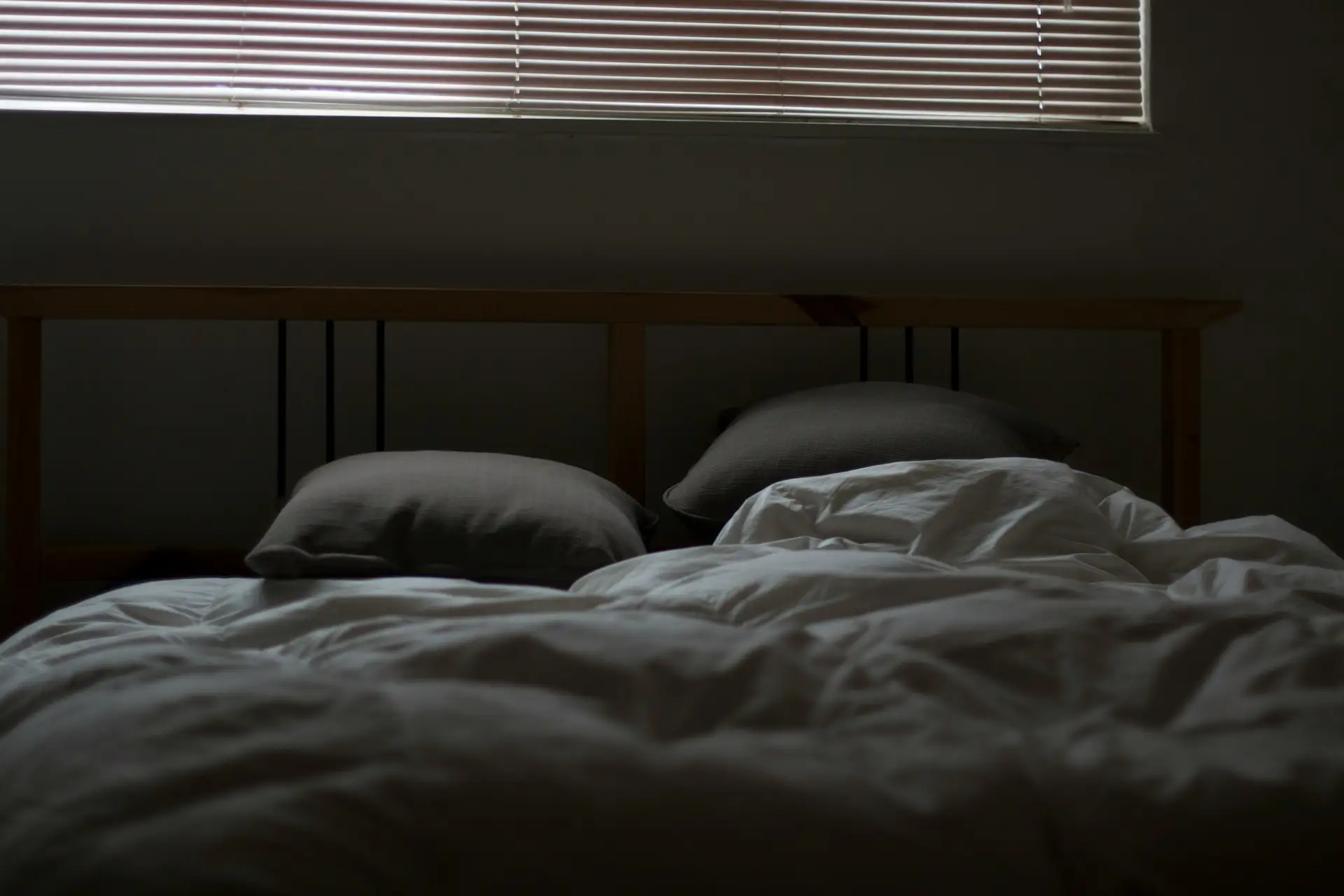When it comes to fitness, most people focus on exercise and diet, but there’s one essential factor that often gets overlooked – sleep. Getting enough quality sleep is just as important as your workouts and nutrition when it comes to seeing progress. In fact, research shows that sleep plays a crucial role in muscle recovery, workout performance, and even weight management.
If you’ve ever struggled with fatigue, poor performance, or slow muscle recovery, your sleep habits might be the missing piece of the puzzle.
Let’s dive into why sleep matters for fitness and how you can improve your rest for better results.
1. Sleep Fuels Muscle Recovery
Your body doesn’t just rest when you sleep, it repairs. During deep sleep, your body releases growth hormone, which is essential for muscle repair and recovery. This is when microscopic muscle tears from your workouts heal and rebuild, leading to stronger and more resilient muscles.
If you’re skimping on sleep, your body won’t have enough time to properly recover, leaving you feeling sore, fatigued, and more prone to injuries. Research suggests that getting 7–9 hours of sleep per night significantly improves muscle recovery and athletic performance.
📌 Pro Tip: Struggle with soreness? Combine good sleep with proper hydration and post-workout stretching for optimal recovery.

2. Boosts Workout Performance
Ever tried working out after a poor night’s sleep? Chances are, you felt sluggish, weak, and unmotivated. Sleep directly impacts stamina, strength, reaction time, and coordination. These are key factors in getting the most out of your workouts.
Studies have shown that athletes who get enough sleep perform better in endurance, strength, and high-intensity training. Sleep also helps with focus, allowing you to stay mentally engaged during workouts. So, if you’re serious about improving your fitness, prioritising sleep is a non-negotiable.
📌 Did you know? Sleep-deprived athletes have up to 20% slower reaction times compared to well-rested individuals!
Read also: How to Start Going to the Gym: A Beginner’s Guide

3. Reduces Injury Risk
Lack of sleep leads to fatigue, impaired motor skills, and poor coordination, all of which increase the likelihood of injuries. Whether it’s lifting weights, running, or performing high-intensity movements, a tired body is more prone to missteps and accidents.
Sleep also plays a key role in tissue repair and inflammation reduction. If you’re constantly dealing with nagging aches, tightness, or slow-healing injuries, prioritising sleep can significantly improve your recovery time.
Read also: The Importance of Rest and Recover Days
4. Controls Hunger Hormones
Sleep isn’t just for recovery, it also helps regulate your appetite. Two key hormones, ghrelin and leptin, control hunger and fullness signals in the body. When you don’t get enough sleep, ghrelin levels rise (making you feel hungrier), while leptin levels drop (making you feel less satisfied after eating).
This hormonal imbalance can lead to increased cravings, overeating, and poor food choices, ultimately hindering your fitness progress. Sleep deprivation has even been linked to higher body fat percentages and difficulty losing weight.
📌 Pro tip: Want to keep your cravings in check? Aim for 7–9 hours of sleep and fuel your body with nutrient-dense foods.

5. Lowers Stress and Enhances Mental Focus
Stress and lack of sleep go hand in hand. Poor sleep increases cortisol (the stress hormone), which can lead to muscle breakdown, increased fat storage, and even reduced motivation to exercise.
Quality sleep, on the other hand, lowers cortisol levels, improves focus, and enhances mental clarity—helping you stay consistent with your workouts and nutrition. When your mind is well-rested, you’re more likely to make better choices for your overall health and fitness.
📌 Pro Tip: Feeling mentally drained? Try a relaxing bedtime routine with meditation, light stretching, or reading to improve sleep quality.
Quick Tips for Better Sleep
- Stick to a sleep schedule: Go to bed and wake up at the same time every day, even on weekends.
- Limit screen time before bed: The blue light from screens can disrupt melatonin production, making it harder to fall asleep.
- Create a sleep-friendly environment: Keep your room cool, dark, and quiet. Invest in blackout curtains and a comfortable mattress.
- Avoid caffeine and heavy meals before bedtime: Stimulants and large meals can interfere with deep sleep.
- Get moving during the day: Regular exercise can improve sleep quality, but avoid intense workouts too close to bedtime.
Better sleep equals better fitness. If you’re training hard but not seeing results, your sleep habits might be the missing link. By prioritising 7–9 hours of quality sleep each night, you’ll boost recovery, improve performance, and reach your fitness goals faster.
At GoFit, we believe in a holistic approach to fitness. One that includes movement, nutrition, and rest. Join us and get the support you need to level up your fitness journey.





